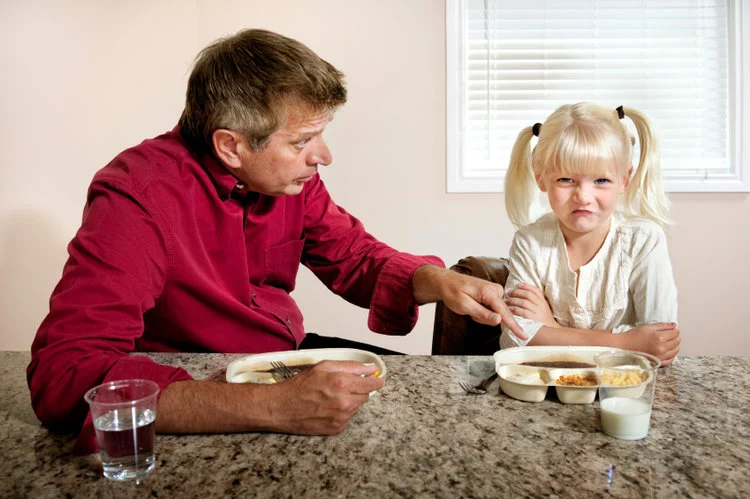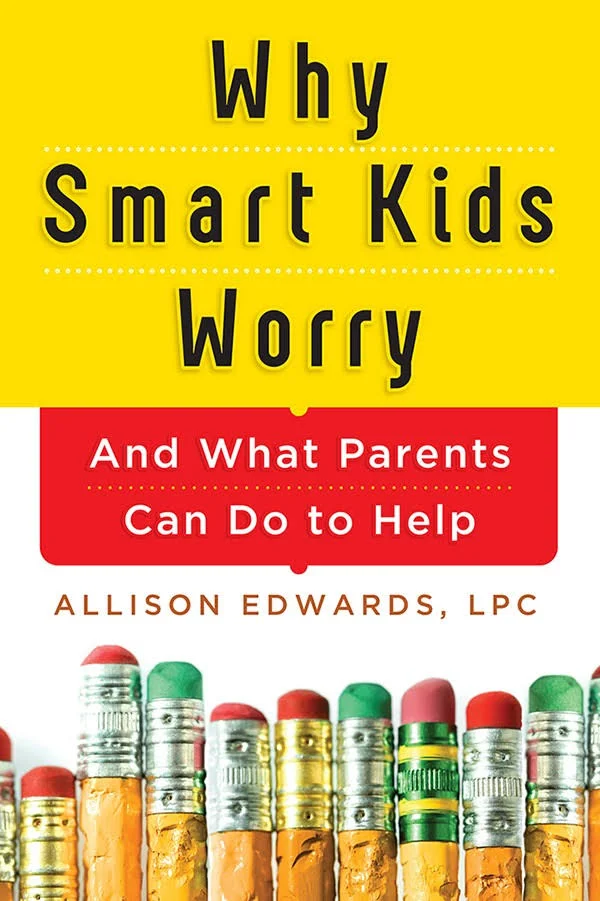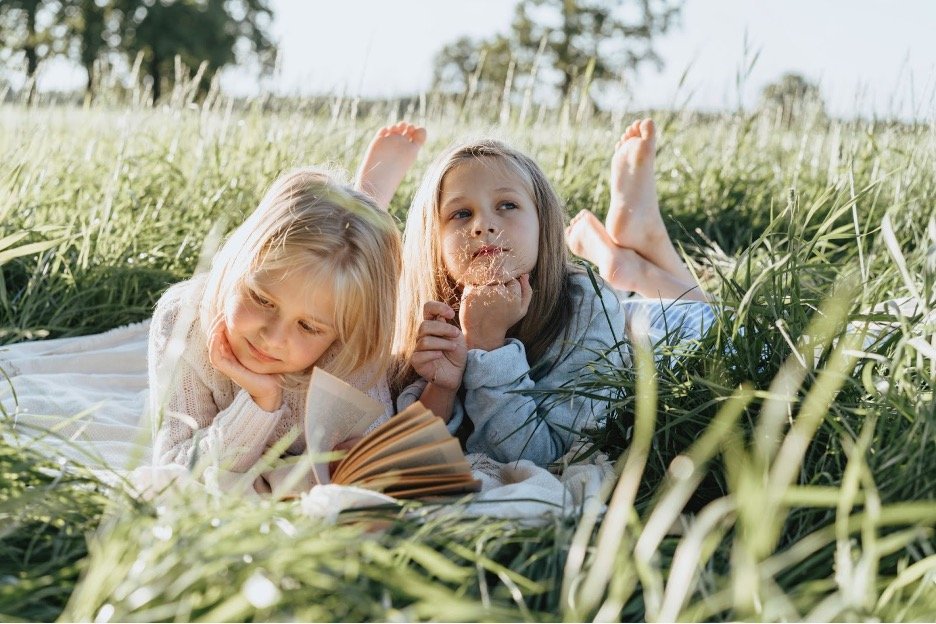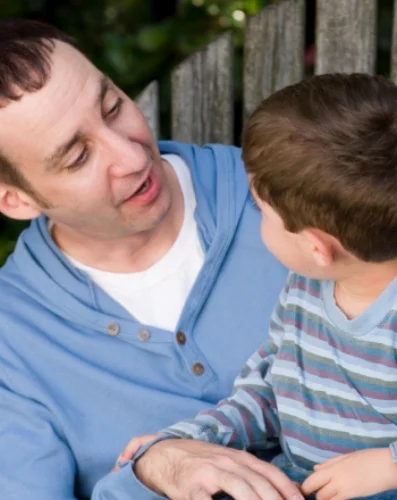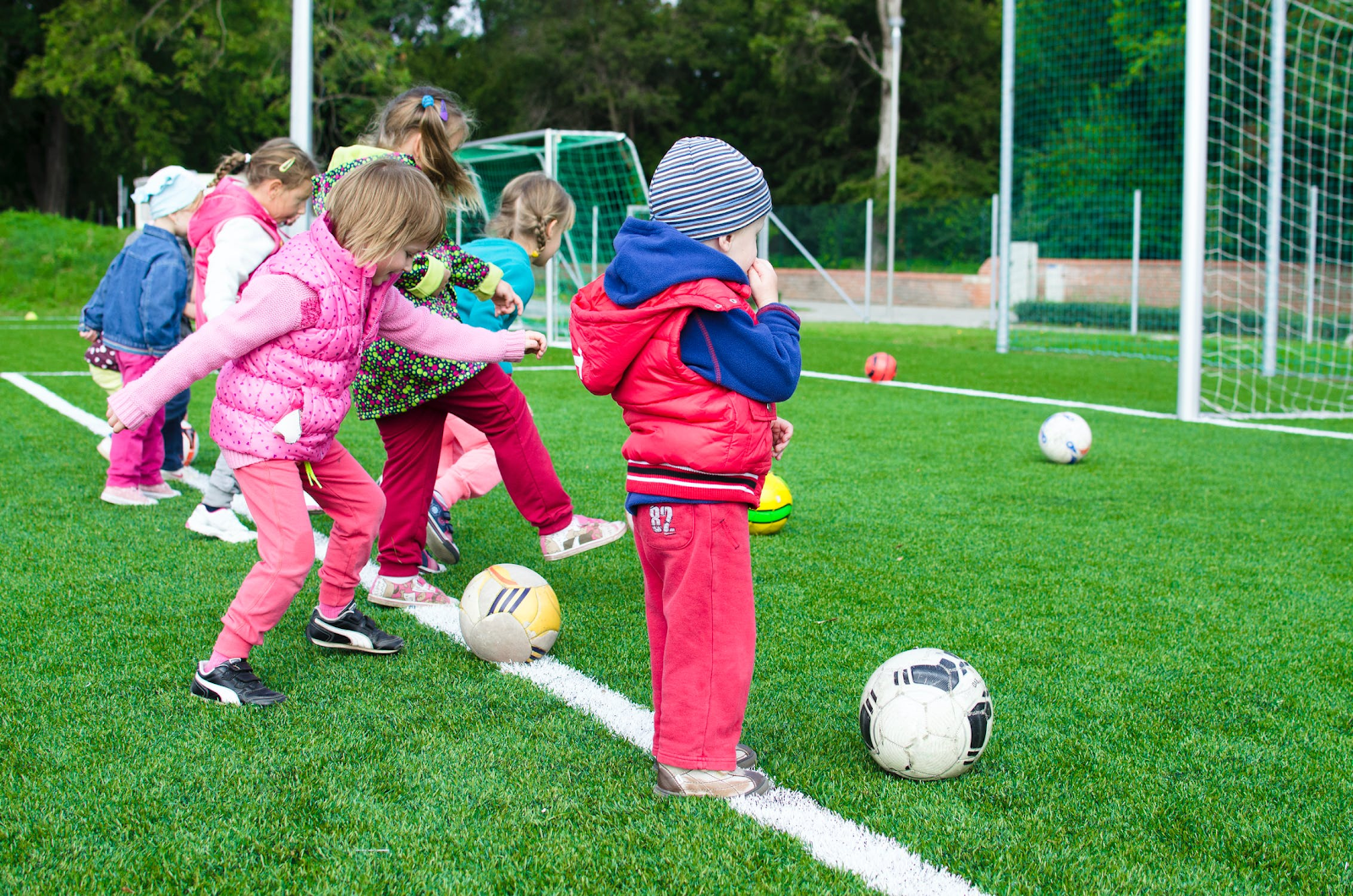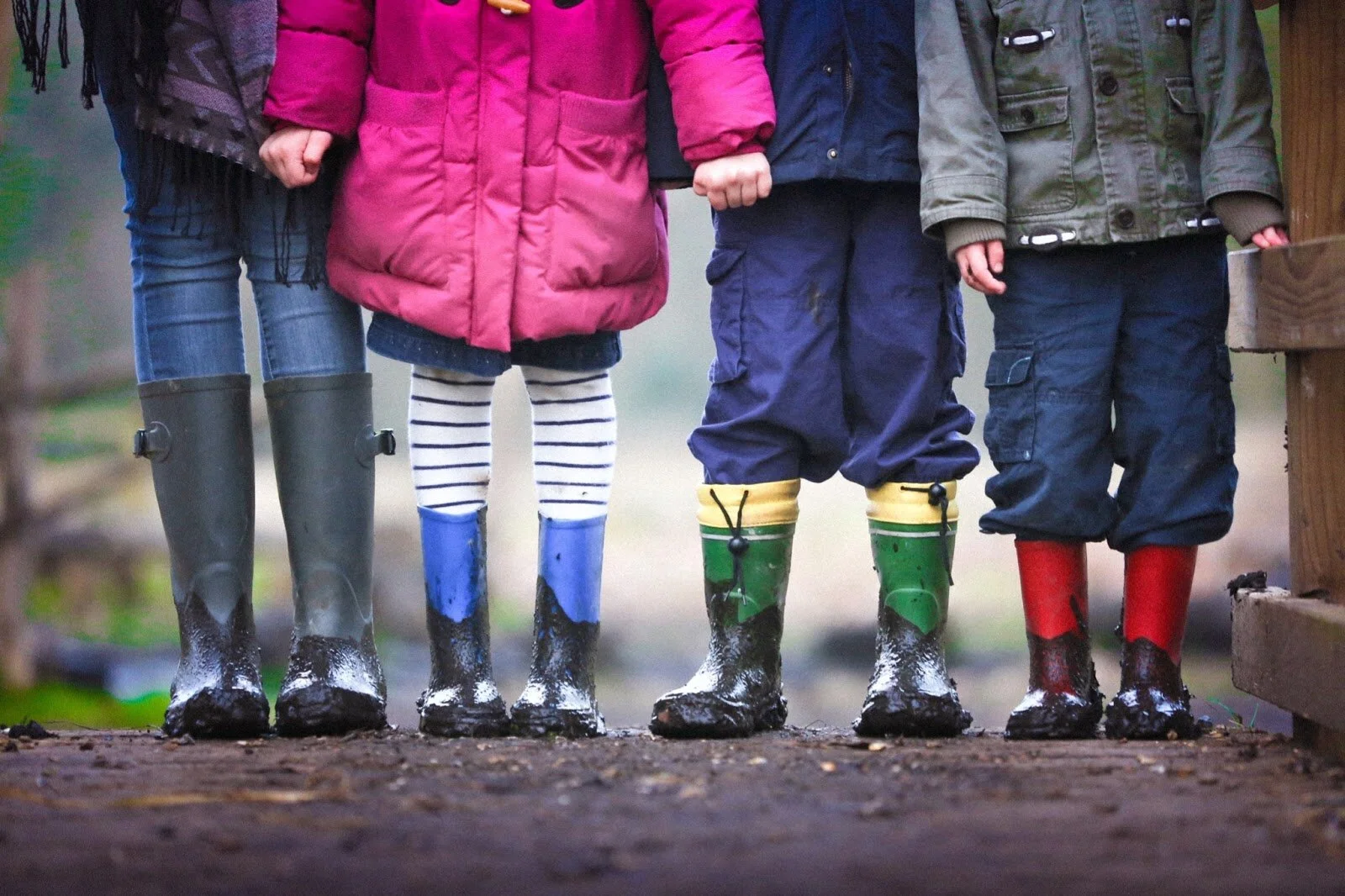Family Conversations To Make The Most Out Of The Presidential Election
An election year is a wonderful time to teach children about the electoral process and issues being debated, such as immigration, terrorism, and healthcare. The election process presents parents with a plethora of unique opportunities to teach core social-emotional skills, such as empathy, emotion management, and social problem-solving while addressing topics such as accepting differences, dealing with gossip, bullying, and name-calling.
Empathy: How to Have It When Tantrums Strike
I was interviewed by Mazlo writer, Suzanne Schlosberg, about how to use empathy in response to some common parenting challenges. Suzanne is a talented and witty writer who draws from her own day-to-day challenges of raising 8-year-old two boys. I love her authenticity and how she writes about raising her boys. Enjoy!
From Eating to Excreting: Three Tips to Avoid Power Struggles
Threats & Bribes: Two Sides of The Same Coin
Understanding & Solutions To Sassy Bossy Back Talk
Why Smart Kids Worry: An Interview with Allison Edwards
I met Allison Edwards a few years ago in Vancouver, BC at a weekend workshop and we instantly connected because we shared a passion for supporting children and families. That same weekend Allison signed a contract to write her book Why Smart Kids Worry, I had the pleasure of interviewing Allison about her book and hope to help bring her out to Seattle, WA so that she can share her wisdom with our community of parents.
Helping Kids Navigate Playground Politics
Easing Back Into School
Melissa shares some great tips to help ease your child back into school on New Day Northwest. (Click on block below)
The Influence of Art on Child Development
Parent Fail: Why Judging Ourselves & Others Gets In The Way of Raising a Healthy Family
How to Use Empathy to Create Connection, Calm, and Greater Ease
I’m sure you have had moments when your child has sobbed and heaved as if Halloween, Christmas, and their birthday had been abolished, replaced by endless amounts of chores, tasks, and unwanted adult-related errands. With preschoolers, this is a very normal response to “ It is time for dinner. Can you put your crayons away?”
3 Tips to Raising Happy, Well Balanced Children
As parents, we often find ourselves overwhelmed with the belief that we must constantly provide our children with numerous activities and experiences. We fear that they might miss out on valuable opportunities if we don't ensure they have everything their peers do. However, raising happy, healthy, and well-rounded children goes beyond filling their schedules with clubs, lessons, and extracurricular activities. It's time to recognize that there is much more to parenting than simply ensuring a packed schedule for our kids.
Instead of panicking when our children don't show interest in additional music lessons or extracurricular pursuits, we should explore enriching activities that can be done at home as a family. These activities can have a profound impact on their lives, just as much as those additional skills and clubs on offer.
Cook Together, Eat Together
One such activity is cooking and eating together as a family. The simple act of sharing meals at the same time, whenever possible, can significantly influence our child's development and shape their memories of childhood. Rushing from one lesson or club to the next may not be what they remember, but they will cherish the moments when we had impromptu picnic parties in the living room or taught them how to make a classic pineapple upside-down cake. In addition, involving our children in cooking, setting the table, and clearing away dishes equips them with life skills while making quality time together more enjoyable.
Show Interest
Another crucial aspect of parenting is taking a genuine interest in our child's unique qualities. It's easy for parents to become fixated on our expectations and how we think our children should behave. Instead, we should step back and embrace them for who they are. A study conducted at John Hopkins revealed that 67% of children are happy with their parents. This happiness often stems from parents taking the time to understand their children on their own terms, without judgment or attempts to change them. By joining in their hobbies, showing curiosity about their interests, and letting them share why they enjoy certain activities, we foster a healthier parent-child relationship and contribute to their overall development as they grow into well-balanced adults.
Foster Mutual Love and Respect
Respect and love are integral components of effective parenting. The notion of automatically "respecting your elders" can be toxic and fails to acknowledge that not all elders deserve respect, while not all children need to "earn" it in the way older generations expect. As parents, we must respect our child's boundaries, personality, and individuality. Respect is a two-way street, and by demonstrating respect for who they are and what they want to pursue, we encourage their reciprocal respect for us. This mutual respect lays the foundation for a strong parent-child relationship that will endure as they mature. Showing love and respect to our children sets them up for future success.
Identify Your Parenting Philosophy and Plan
Furthermore, it's essential to reflect on the generational trauma we may carry and consider how our own childhood experiences influence our parenting. blindly following in our parents' footsteps without a valid reason might not be the best approach. While it may be suitable for those who grew up in supportive environments, many individuals had challenging childhoods that impact their parenting style. Modern parenting is informed by extensive research on parenting and relationships, far surpassing what previous generations had available. We face unique challenges and issues, so it's crucial to discard the rule book passed down by our parents. Instead, let's select the positive aspects of our parents' parenting techniques and allow our own family dynamics and individualities to guide us as we navigate life together.
Ultimately, parenting isn't solely about the skills our children acquire or the knowledge they accumulate through classes. It's about nurturing them and providing them with the best possible start in life. By focusing on their holistic development, embracing their individuality, fostering mutual respect, and examining our own parenting approaches, we can create a nurturing environment that truly prepares them for the future.
Three Proven Childproof Parenting Tools to Inviting Cooperation
Gonna Make A Change: I'm Starting With the Mom In the Mirror…
Michael Jackson's concept of making change aptly applies to our approach to parenting; because if we as parents want to make a real change and make things right, we need to first look at the "Mom in The Mirror" (or dad- but that did not fit as well). Many parents believe that in order to change a child you need to focus on the child…
Getting Your Kids Interested In Sports
While not every child is going to be interested in sports, there’s a lot to be gained even if it only holds their attention for a little while. It’s a great opportunity for a parent to bond with their children, and a healthy activity you can do together! It’s important that you’re able to get your kids interested in physical activities, as it’s likely going to be their main source of exercise outside of school! Even if you’re not much of a sports enthusiast yourself, if you can find a way to make it a bonding activity; it might become much more enjoyable for you too!
Top Tips For Healthy Children This Winter
The Facts About Bedwetting and Accidents: An Interview with Steve Hodges, M.D.
I often meet parents distressed by their children’s potty accidents or bedwetting. They ask: Why is it happening? Will my child outgrow it? What can I do? I recently discovered a terrific resource for answering these questions: Steve Hodges, M.D., a pediatric urologist at Wake Forest University School of Medicine.




